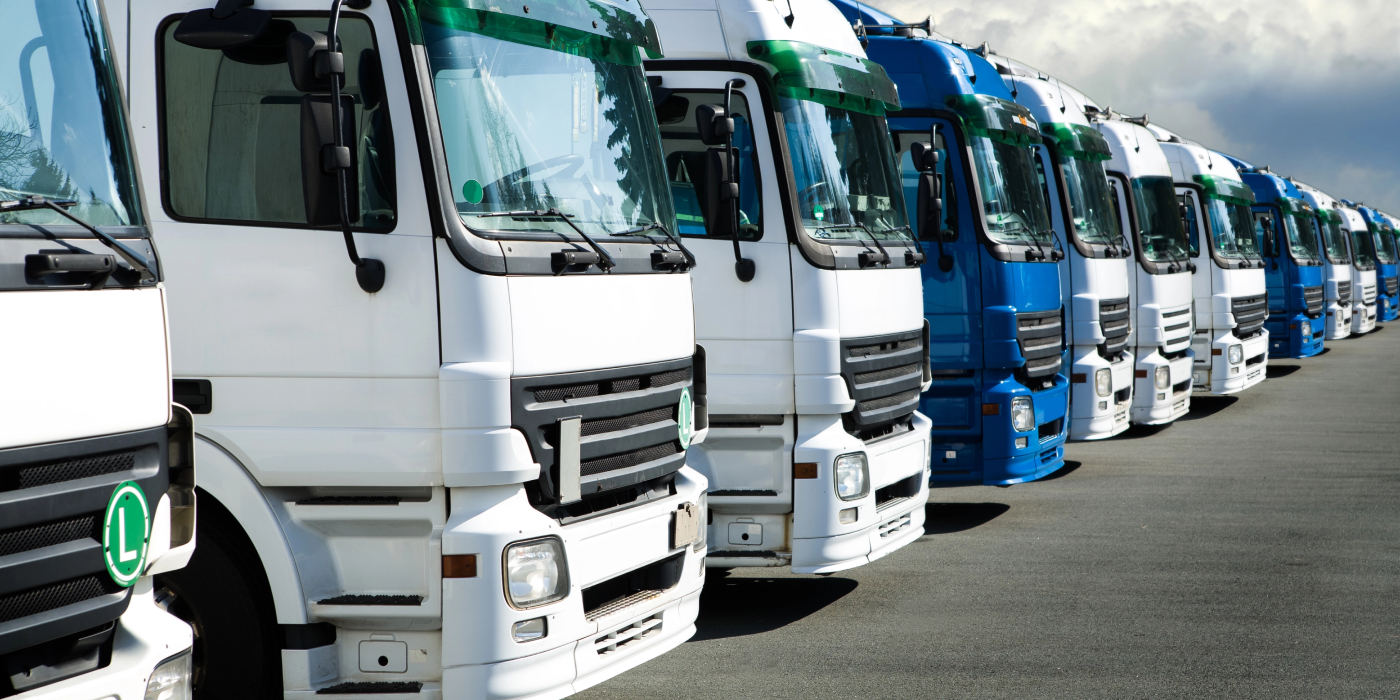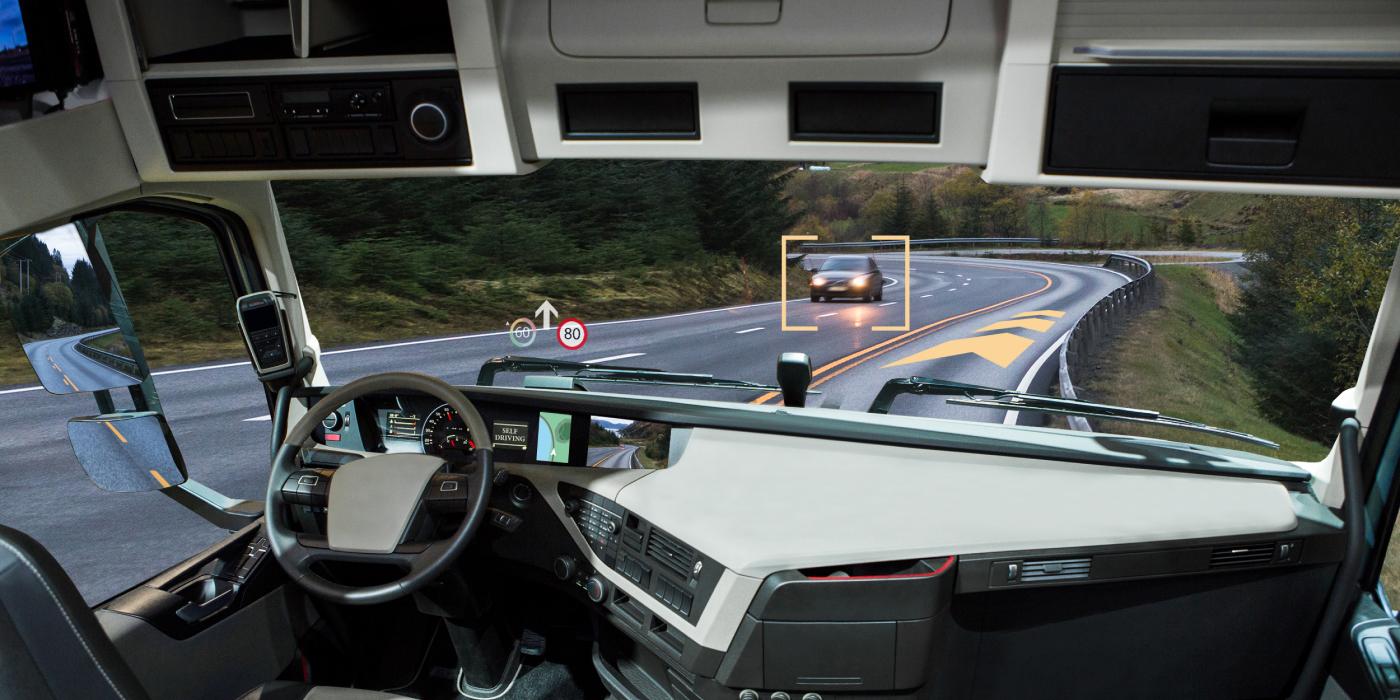4 Freight Trends for 2024
The freight industry is continually evolving, influenced by various factors including global shipping disruptions, emerging technologies, economic shifts, and environmental concerns. As we look forward to 2024, several trends are poised to shape the landscape of freight transportation and logistics. Staying ahead in this industry means keeping a close eye on emerging trends and preparing for the challenges and opportunities they present.
From the continued rise of sustainable freight to the increasing use of technology, here are four trends that will shape the road ahead.
Shippers Expand Private Fleets
Shippers are increasingly expanding the use of their privately operated fleets. The top market drivers for having a private fleet are customer service (46%), cost control (22.9%), and control over the supply chain (13%), according to a survey by the National Private Truck Council. In 2022, 76% of private fleets, versus 68% in 2021, expected to grow their fleets in the next five years by adding equipment and handling more freight.
Some of the largest private fleets are operated by retailers. Dollar General has been working to expand its private fleet as part of its strategy to reduce costs, increase delivery efficiency, and gain more operational control of its supply chain. The discount retailer has steadily grown its private fleet since its launch in 2016 with more than 1,800 tractors and handles nearly half of its own outbound transportation needs. Dollar General saves about 20% in associated costs each time it replaces a third-party tractor with one from its own fleet.

Carriers Prioritize Digitization
Private fleet operators have been adjusting to softer freight market conditions during the past year by focusing on optimizing efficiency, controlling costs, and improving asset utilization, all while maintaining high levels of service. Advances in technology are enabling private fleets to determine more efficient routes that require fewer miles and boost efficiency through improved visibility into their operations.
For logistics service providers, it is essential to increase visibility, maximize resources, and eliminate inefficiencies in order to provide fast and reliable delivery service. In 2024, the freight industry is expected to improve, driving carriers to continue to digitize their logistics workflows in order to optimize their delivery operations and enhance the customer experience. Digital delivery management platforms are transforming how goods are moved. These platforms optimize routes, provide real-time tracking, and enable carriers to streamline their entire delivery operation from a single location, improving transparency and productivity.
Focus on Sustainability
Companies are actively seeking ways to reduce their carbon footprint, with a focus on fuel-efficient vehicles and optimizing logistics routes to minimize emissions. Expect to see more electric trucks and alternative fuel options in 2024, driven by government regulations, environmental concerns, and cost-conscious businesses. Additionally, businesses will increase their digital capabilities, enabling efficient logistics planning to reduce emissions and fuel consumption.
United Natural Foods Inc. is deploying two battery-electric semitrucks and five regenerative electric refrigerated trailer systems in California. The grocery wholesaler said the truck and trailer system additions provide the company with a zero-emission solution for customer deliveries as well as improve logistics efficiency and lower delivery cost-per-mile. Penske Truck Leasing, Pitt Ohio and Ryder System placed some of the first orders for Daimler Truck North America’s medium duty, battery-electric Freightliner eM2 as companies increasingly look to make their freight deliveries more sustainable.

Autonomous Trucks Gain Traction
Autonomous vehicles are starting to make a significant impact in freight transportation. With advancements in technology and increased regulatory approvals, self-driving trucks are becoming more prevalent. They can help revolutionize long-haul transportation by increasing efficiency, reducing labor costs, and enhancing safety in the freight industry. New partnerships aim to expand autonomous trucking commercialization, enhance autonomous technology, and make it easy to incorporate autonomous capacity into freight networks.
Uber Freight has partnered with Torc Robotics, combining Uber Freight’s logistics network with Torc’s ongoing development and future deployment of autonomous trucks. Torc said the information gathered will be used to inform its autonomous freight network design and expansion strategy. Aurora Innovation is advancing its autonomous freight delivery. As many as twenty Aurora Innovation autonomous trucks could begin regularly delivering freight without a human operator aboard by the end of 2024.
Embracing these trends will not only benefit the environment but also enhance efficiency, lower operational costs, and elevate customer experiences within the freight industry. As we move forward, the future of freight includes more sustainable, efficient, and digitally-connected logistics networks.
For more information about how our delivery management solution can help you manage your delivery operations more efficiently, please contact info@bringoz.com.

